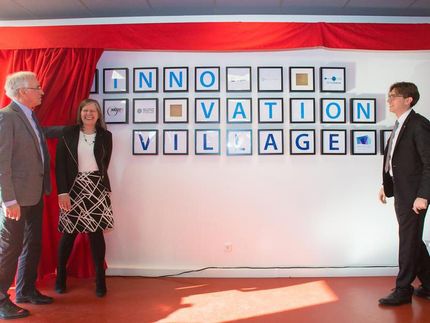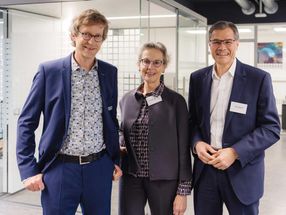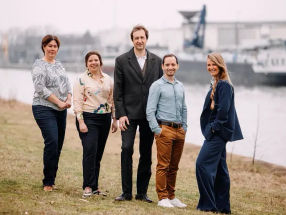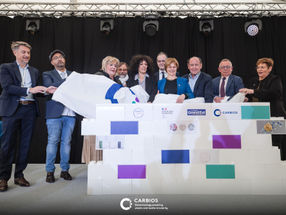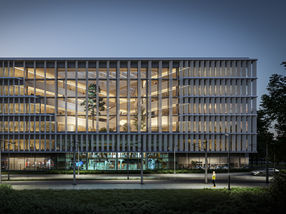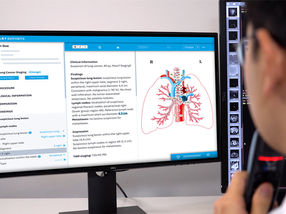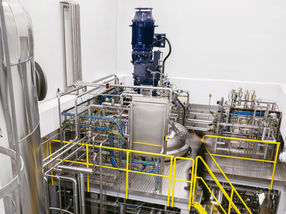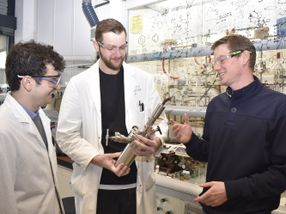Collaboration agreement between the CIDEM-PCB Bioincubator of the Parc Científic de Barcelona and an incubator in Québec
23-Sep-2003
The CIDEM-PCB Bioincubator of the Parc Científic de Barcelona (PCB) (Barcelona Science Park) and the business incubator Quebec biotechnology Innovation Centre (QBIC), located in the Biotech City of Laval Island (Quebec), signed a collaboration agreement which aims to strengthen new cooperation models that support the creation of new enterprises.
Created in 1996 and located in the Biotech City, the QBIC was the first business incubator specialized in biotechnology in Quebec. Initiative of the Armand-Frappier Scientific Research Institute and the Laval Technopole project, the QBIC has developed a model programme for the incubation of biotechnology companies and offers entrepreneurial researchers an appropriate setting in which to carry out activities devoted to technological development and commercialisation.
The CIDEM-PCB Bioincubator is an initiative promoted by the Autonomous Government of Catalonia, through the Technology Springboards of the CIDEM, and by the UB, through the PCB and the Bosch i Gimpera Foundation (FBG). Set up in June 2002 and located in the Parc Científic de Barcelona, the main aim of the CIDEM-PCB Bioincubator is to facilitate a quality setting to promote the creation of enterprises in the biotechnology sector, by providing scientific and technological support infrastructure and services for business management, and financial support.
This agreement shows the interest of the two bioincubators in establishing international links related to innovation and technology transfer. The agreement arose as a result of the relationship established in the first meetings held between the Biotech City project and the PCB, which occurred during a programme of visits that the Park has made in Quebec over the last two years. This relationship was later strengthened with the opening in the PCB, last May, of the ?Sala Laval? (Laval Room), named after the island in Quebec.
The similarity between projects has facilitated this agreement, which aims to provide an international perspective to the creation of new biotechnological spin-offs from university research groups. The agreement ensures technology development and transfer, the hosting of public and private laboratories and large academic institutions, and thereby contributes to the socio-economic development of two countries.
Other news from the department business & finance

Get the life science industry in your inbox
From now on, don't miss a thing: Our newsletter for biotechnology, pharma and life sciences brings you up to date every Tuesday and Thursday. The latest industry news, product highlights and innovations - compact and easy to understand in your inbox. Researched by us so you don't have to.
